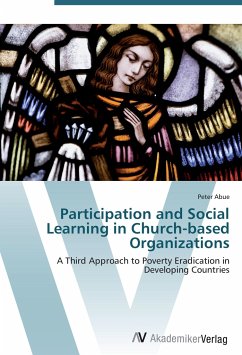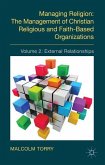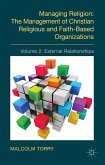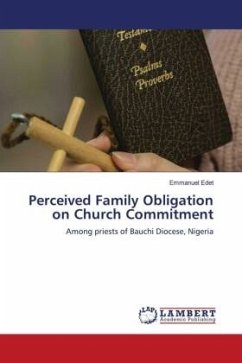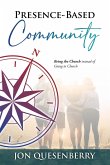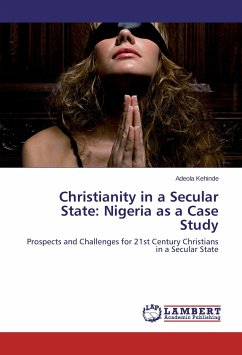Revision with unchanged content. Developing countries are increasingly faced with the lack of alternative insti tu tions to counter the social processes entrenched in local settings that lead to poverty. In this book, the author investigates the potentials of Church-based organizations (CBOs) as alternative mechanisms, and suggests a com mu nitarian approach to poverty eradication as a back up to the past and present approaches offered by modernism and post modernism respectively. Both the upcoming theory of Social Learning and the age-old principle of Participation are used as a theoretical framework, with empirical data from the diocese of Ogoja, Nigeria. The author investigates key research questions such as: How do churches learn to build on the capacity of individuals and groups as stakeholders that influence poverty eradication at the local level? How do Churches as organizations learn to become social change agents? This book enunciates a new dimension to the development discourse and the ongoing fight against poverty and it is highly recommended for scholars of international development in their effort to proffer a holistic solution to the problem of poverty and its eradication. The third approach to poverty according to the author is a communitarian approach that examines the organizational dynamics of a diocese in relation to the Social Justice Agenda of the Roman Catholic Church
Hinweis: Dieser Artikel kann nur an eine deutsche Lieferadresse ausgeliefert werden.
Hinweis: Dieser Artikel kann nur an eine deutsche Lieferadresse ausgeliefert werden.

